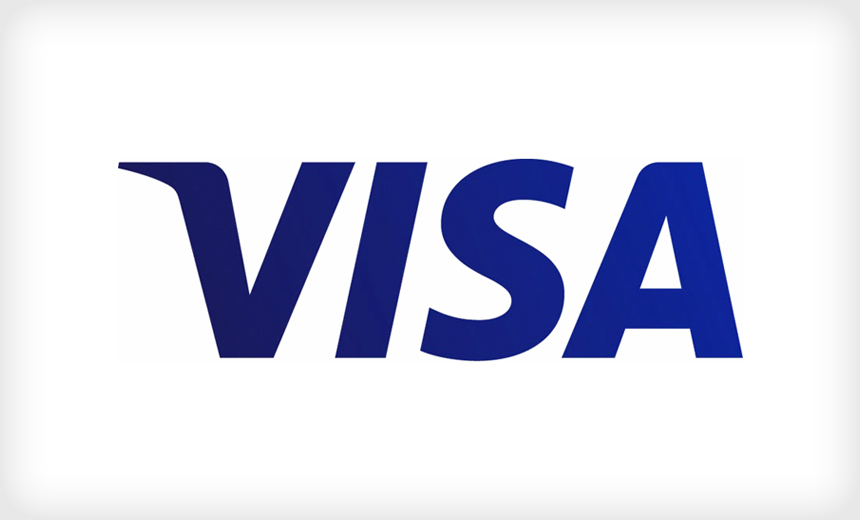
After complaints from merchants and an update from the Federal Reserve, Visa on Nov. 22 clarified and modified debit routing rules, noting that merchants can route U.S. EMV debit transactions through any of more than a dozen available networks, and not just Visa's.
See Also: 2016 IAM Research: Where Financial Institutions' PAM Programs Are Falling Short
Visa's action could help support merchants' push for more widespread use of chip-and-PIN, even if only for EMV debit.
In its statement, Visa notes that it "modified and clarified existing debit network routing rules to help merchants and acquirers better understand implementation options related to the adoption of EMV."
With Visa chip cards, debit routing and processing are enabled by two payment application identifiers (AIDs) on the chip - the U.S. Common Debit AID or the Visa Debit AID, Visa notes. "The Common Debit AID can support any of the more than one dozen domestic debit networks that issuers can choose to offer in addition to Visa Debit. This provides merchants with the ability to select the network over which a debit transaction is processed or routed. ... Merchants can continue to automatically ask, or prompt, a Visa cardholder to enter a PIN on in-person transactions, provided the cardholder can still use their card without a PIN if they prefer."
The announcement comes just days after retail groups sent a letter to Visa, criticizing the card brand for taking steps to "circumvent merchants' legal right" to choose the network over which a debit transaction can be routed.
The Merchant Advisory Group and other retailer associations claimed that Visa's policies before Nov. 22 violated the Federal Reserve's rule on how debit transactions can and should be routed. In essence, MAG contended Visa was breaking the law (see Why Merchants Object to Visa's EMV Debit Routing Rules).
On Nov. 2, the Fed clarified that no card network can inhibit merchant routing choices, even by requiring technical specifications - such as those needed for EMV deployment - that could inhibit merchant routing options.
The PIN Debate
Since the onset of EMV in the U.S., merchants have argued that requiring PIN entry for all EMV chip payments, whether credit or debit - as has long been the practice in established EMV markets such as the U.K. - is the best way to prevent fraud.
Issuers and the card brands, in an effort to deploy EMV more quickly, pushed back on that idea, claiming requiring PINs for credit payments would only confuse customers and complicate EMV rollouts.
On the debit side, the argument for signature over PIN has been more challenging to make, because U.S. cardholders are accustomed to entering PINs for debit purchases, especially when using the cash-back option.
But the EMV debit rollout in the U.S. has been much more complicated than the credit rollout because of the sheer number of debit routing options available in the U.S. - a complication that doesn't exist in other EMV markets.
To route an EMV transaction through a domestic debit network, that network has to be certified by the card brands and equipped to process EMV transactions. And because the U.S. has more than a dozen debit card networks, getting all of those networks prepped and certified has been a long, drawn-out process.
To speed EMV adoption, merchants claim Visa limited merchants' options to run debit transactions through the Common Debit AID and was challenging merchants' right to require PIN entry on debit purchases.
Visa declined to comment beyond what was included in its statement about its debit routing modifications.
In light of Visa's modifications and the Fed's recent guidance, it's clear that merchants can require PIN entry for EMV debit purchases, contends Liz Garner, vice president of the Merchant Advisory Group, which represents 108 of the largest U.S. merchants, says. "But I think that's going to be contentious," she adds.
That's because, while Visa points out in its modifications statement that merchants can discourage the use of signature verification for debit purchases, they cannot completely eliminate signature as an option. "Where merchants automatically prompt for PIN on card-present transactions, they must minimally ensure that a cardholder presenting a Visa Debit card for payment can originate a transaction using a signature," Visa says.
The language is still "loose," Garner points out. But in the coming days, we may receive clarification from Visa or the Fed.

